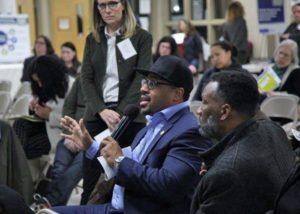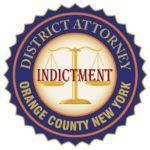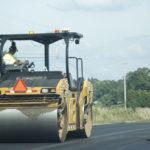NEWBURGH – The Centers for Disease Control, Tuesday evening, outlined its study of exposure assessment on the people of Newburgh in response to the PFAS contamination of its drinking water system.
Newburgh is one of eight municipalities across the country that have been selected for the exposure assessment.
The Agency for Toxic Substances and Disease Registry, a CDC agency created as a result of the Superfund Act, will conduct the assessment. It will test the blood and urine of randomly selected residents for 17 different PFAS compounds, primarily expected to be AFFF, the compound commonly used in firefighting foam on military installations.
Volunteering isn’t allowed at this stage of the process; but, there are restrictions regarding which residents are eligible for the random selection: being three years of age or older, having lived in the city for one year prior to May 2016 when the water supply transitioned from Washington Lake and not having an existing medical condition that would prevent providing a blood sample.
This stage of the assessment is not designed to evaluate public health impacts, but rather measure the exposure throughout Newburgh. Another stage will follow where volunteers are eligible and the public health impacts are studied.
Randomly selected residents will receive correspondence through social media, mail, or door-to-door interactions. The first 2,000 mailers have already been sent out.
Agency Environmental Health Scientist Peter Kowalski said the assessment is currently underway and explained how this process can be expected to pan out. “We will be sending out letters to the participants, which will explain their results, compared to the national averages. We will be preparing a summary report, without personal, identifiable information and we will release that. That summary report will include findings and any recommendations that are appropriate. We will come back into the community, have another public availability or public meeting and go over the findings, and we will also answer questions at that time,” said Kowalski.

City of Newburgh Mayor Torrance Harvey made a point to comment on the difficulty the city has had meeting with federal agencies, or having federal agencies meet with state representatives, on the issue. He said the city had worked very hard to become selected for this assessment and that it is an obvious benefit, but it doesn’t mean the city will waiver in its goal of acquiring answers. “We’re actually lucky to be one of the eight municipalities to be a part of this study and there are a few different phases to it. It’s a great thing. I am satisfied they’re here,” said Harvey. “But; again, we do want to know the answers to those tough questions. We want to know specifics to how it connects to human health effects to humans that have been exposed,” he said.
The goal is to study a sample of 400 residents. Officials added that they will gladly test more, interest allowing, but insist that even a sample as low as 250 residents could still provide beneficial information before the second stage of the process.








